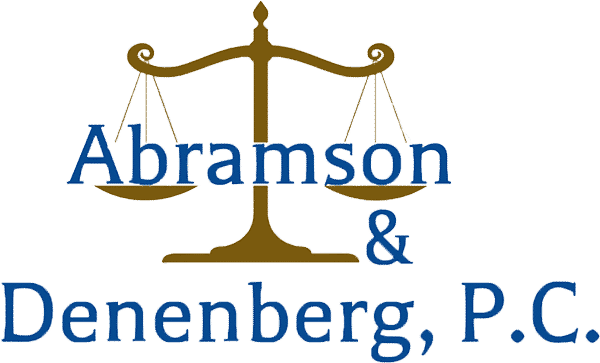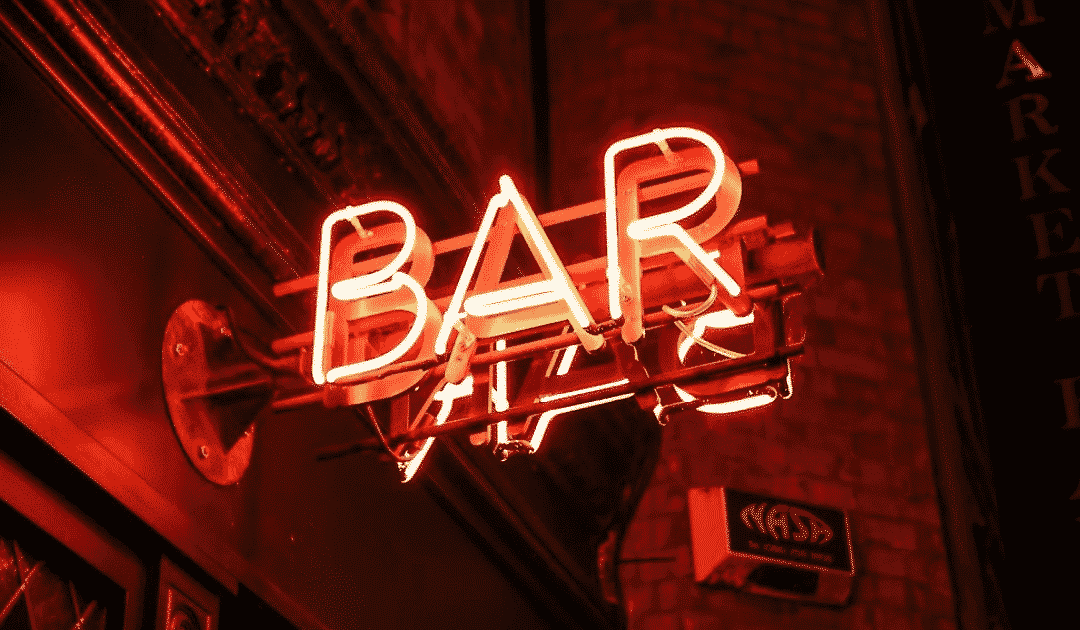It is Friday night in downtown Philadelphia. Restaurants and bars are packed with customers who want to enjoy drinks and take in the football game. Unfortunately, the night does not always end with customers calling a taxi or an Uber and heading home. When eating establishments fail to provide a safe environment, customers can become injured from falling, slipping, or eating negligently prepared food.
Additionally, restaurants and bars often hire “bouncers” to help keep the peace and screen people who want to come in. What happens when the bouncer physically assaults a customer? Restaurants and bars owe customers a duty of reasonable care when it comes to providing a safe place to eat and enjoy a meal.
A Philadelphia Man Recently Sued a Bar After Bouncers Allegedly Committed Assault
A recent example of a bouncer allegedly committing assault against a bar customer happened in Philadelphia in 2016. A man went to a bar to pick up his take-out food order. The restaurant employed or contracted two men as security officers or bouncers at the bar. The bouncers asked the man to pay a cover charge to enter the bar. The man said he did not have to pay a charge just to pick up food.
The man agreed to leave the bar and alleges that at that point, a bouncer pushed him against the wall. He further asserts that a different bouncer tripped him and caused him to fall and then pinned him to the ground. The bouncers allegedly drew and unlicensed gun and put it against the man’s face while threatening him.
The plaintiff alleged that the bar negligently failed to perform reasonable screening and background checks of their employees. He further alleged that the bouncers negligently and recklessly used excessive force when they handled the situation with the plaintiff. In their response, the defendants argued that no facts supported the claim that the bouncers acted recklessly.
The plaintiff sought $50,000 in damages from the bar for failure to screen and adequately train its employees about the treatment of customers. His claim for damages included compensation for many back and spine-related injuries. This example demonstrates how a civil lawsuit can arise out of an altercation between a bouncer and a customer. What are the standards for determining when a bouncer’s actions constitute assault?
Can Courts Hold Nightclubs Responsible for Their Bouncers’ Actions?
Yes. It is possible to hold a nightclub or bar liable for injuries a customer sustains while on the premises. When security guards or bouncers act overly aggressively, the injured person can typically sue the bouncer and the bar. Often, bouncers will not have enough money to compensate the victim for his or her injuries. In this situation, it is wise to sue the nightclub itself. Businesses are more likely to have the financial assets to compensate the victim adequately.
Legally, customers can sue bars for the negligence of their employees under the legal doctrine of premises liability. Under this theory, businesses are held liable for any injuries that occur on their property when certain conditions are met. A typical example of this doctrine is evident in a slip and fall case. If a grocery store negligently fails to clean up a slippery spill that they knew or should have known about, the injured customer who slipped can bring a lawsuit against them.
Similarly, bars have a legal duty to exercise reasonable care to maintain reasonably safe premises. Employees breach this duty when they fail to create a safe environment for their customers.
Premises Liability in Philadelphia Bars, Nightclubs, and Restaurants
The customer must prove that the nightclub had a duty of care to provide a reasonably safe environment. He or she must show that the bar employee breached that duty by acting negligently or recklessly.
One of the most crucial elements to prove is that of causation. The customer must show that the employee’s negligent or reckless behavior caused his or her injuries. Bar employees are not responsible for injuries they did not cause. For example, if a customer is drunk and falls over and hits her head, the bar will not likely be held liable. They did not cause the customer to fall and become injured.
Bouncers do not have a unique defense against assault claims merely because of the nature of their work. A Pennsylvania bouncer assault is an intentional act that puts another person in fear of imminent bodily injury or physical contact. A battery occurs when a person intentionally engages in an offensive or harmful touch of another person. Many times, when customers bring civil lawsuits against bouncers, they allege assault and battery at the same time.
It is easy to imagine a case in which a bouncer commits assault and battery. Imagine a customer getting irritated and yelling something offensive at the bouncer. The bouncer may come over and push the customer’s chest. The assault would occur when the customer sees the bouncer’s hands coming towards his chest. The battery would happen when the bouncer’s hands made contact with his chest.
I Was Injured at a Philadelphia Bar or Restaurant, What Damages am I Entitled to?
Whether you were injured by the negligence of a bar to maintain reasonably safe premises or by a bouncer, you might be entitled to compensation. If a court finds the defendant bar or restaurant liable, the victim is entitled to several different types of damages.
First, the victim will be entitled to specific damages including lost wages, the cost of medical bills, and any other easily quantifiable costs. The victim will also be entitled to general damages for pain and suffering the injury caused. Finally, if the bar or its employees acted with malice, the victim may be able to recover punitive damages as a punishment to the wrongdoer.
If you have been injured as a result of the negligence of a bar or restaurant, you may be able to receive compensation. The expert Philadelphia security guard and bouncer assault attorneys at Abramson & Denenberg, P.C. are here to help you. Fill out our contact form today, and we will set up your consultation.

